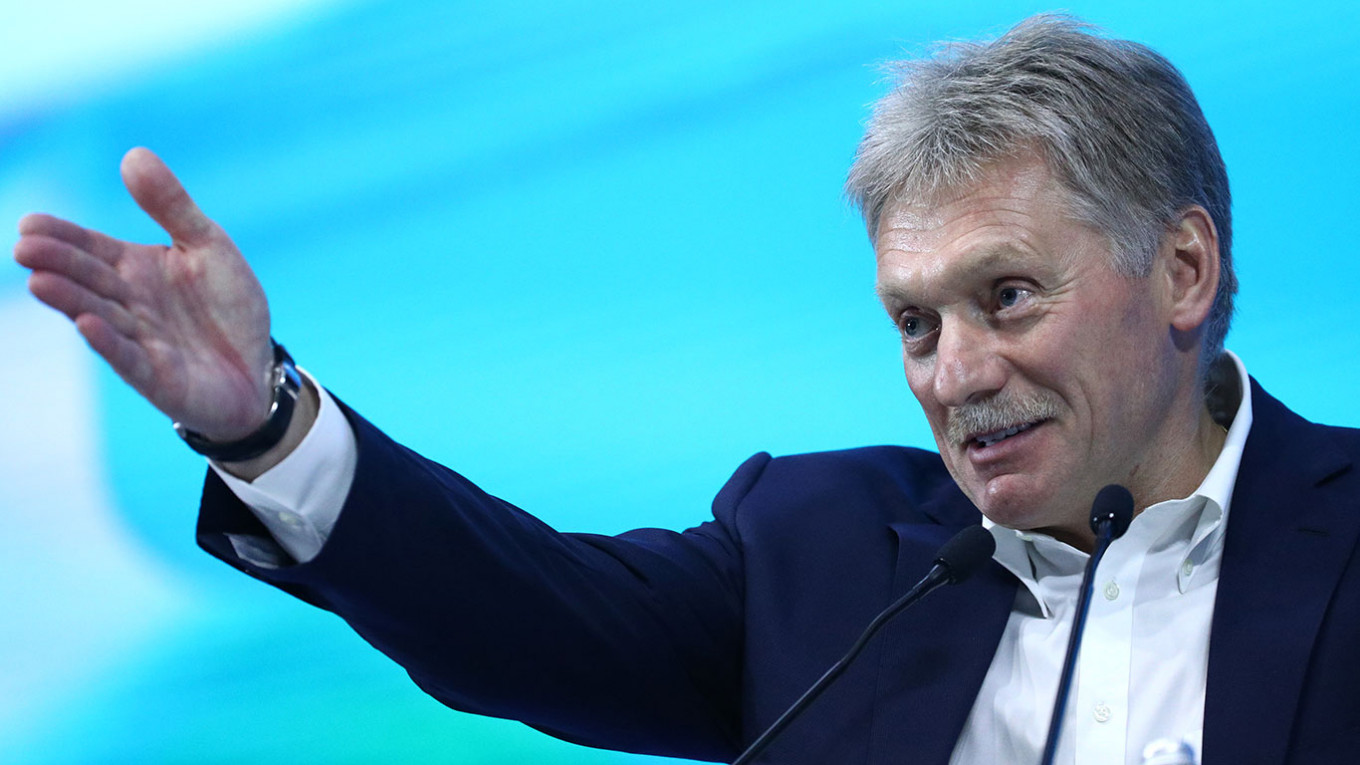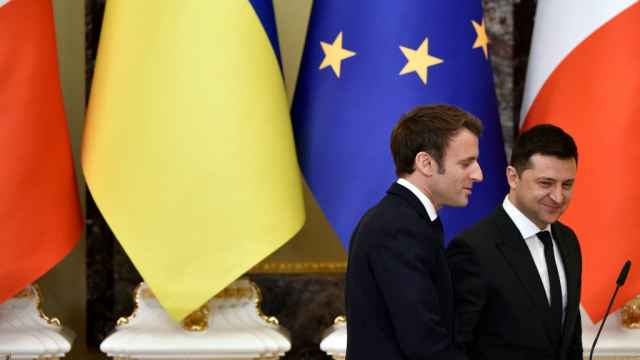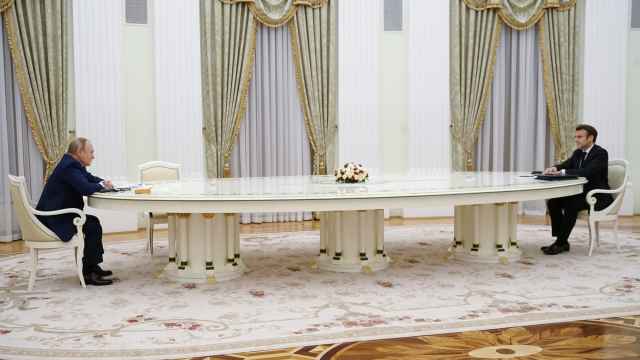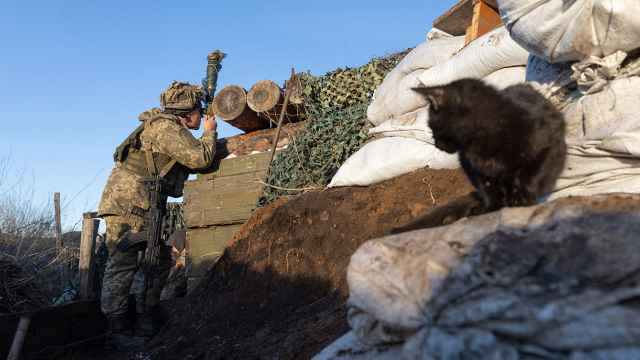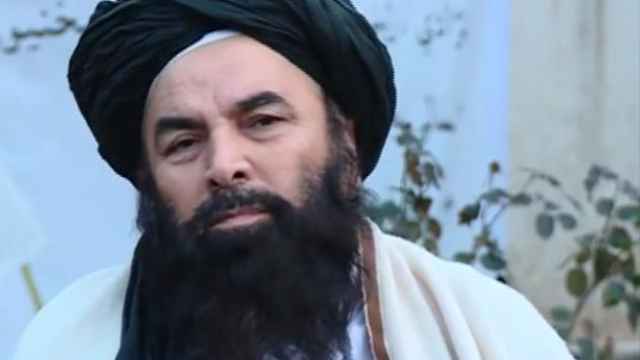The Kremlin on Monday welcomed French President Emmanuel Macron's proposal to create a "safe zone" in Afghanistan's capital Kabul to protect humanitarian operations.
"This is certainly a proposal that must be discussed," Kremlin spokesman Dmitry Peskov told reporters.
He said that it was "very important" to discuss all aspects of "such a zone."
France and Britain will urge the United Nations Monday to work for the creation of this secure area to "allow humanitarian work to continue," Macron said Sunday.
The French leader said that such a safe zone would allow the international community "to maintain pressure on the Taliban," who swept into power earlier this month.
Macron's comments came as international efforts to airlift foreign national and vulnerable Afghans come to an end.
France ended its evacuation efforts on Friday, Britain did so on Saturday and the United States is set to complete its efforts on Tuesday.
Russia for its part last week airlifted several hundred of its citizens and those of neighboring ex-Soviet states as the security situation deteriorated.
President Vladimir Putin has warned that militants could use the unstable situation in Afghanistan to enter neighboring countries under the guise of seeking asylum.
Moscow earlier this month staged military drills with Tajikistan and Uzbekistan, two former Soviet republics in Central Asia that share a border with Afghanistan.
But the Kremlin is nonetheless taking a cautiously optimistic stance to the new Taliban government.
Peskov on Monday said it was "premature" to discuss withdrawing the "terrorist" designation from the militant group in Russia.
"It is necessary to watch the first steps that the new government will take," he said.
A Message from The Moscow Times:
Dear readers,
We are facing unprecedented challenges. Russia's Prosecutor General's Office has designated The Moscow Times as an "undesirable" organization, criminalizing our work and putting our staff at risk of prosecution. This follows our earlier unjust labeling as a "foreign agent."
These actions are direct attempts to silence independent journalism in Russia. The authorities claim our work "discredits the decisions of the Russian leadership." We see things differently: we strive to provide accurate, unbiased reporting on Russia.
We, the journalists of The Moscow Times, refuse to be silenced. But to continue our work, we need your help.
Your support, no matter how small, makes a world of difference. If you can, please support us monthly starting from just $2. It's quick to set up, and every contribution makes a significant impact.
By supporting The Moscow Times, you're defending open, independent journalism in the face of repression. Thank you for standing with us.
Remind me later.


